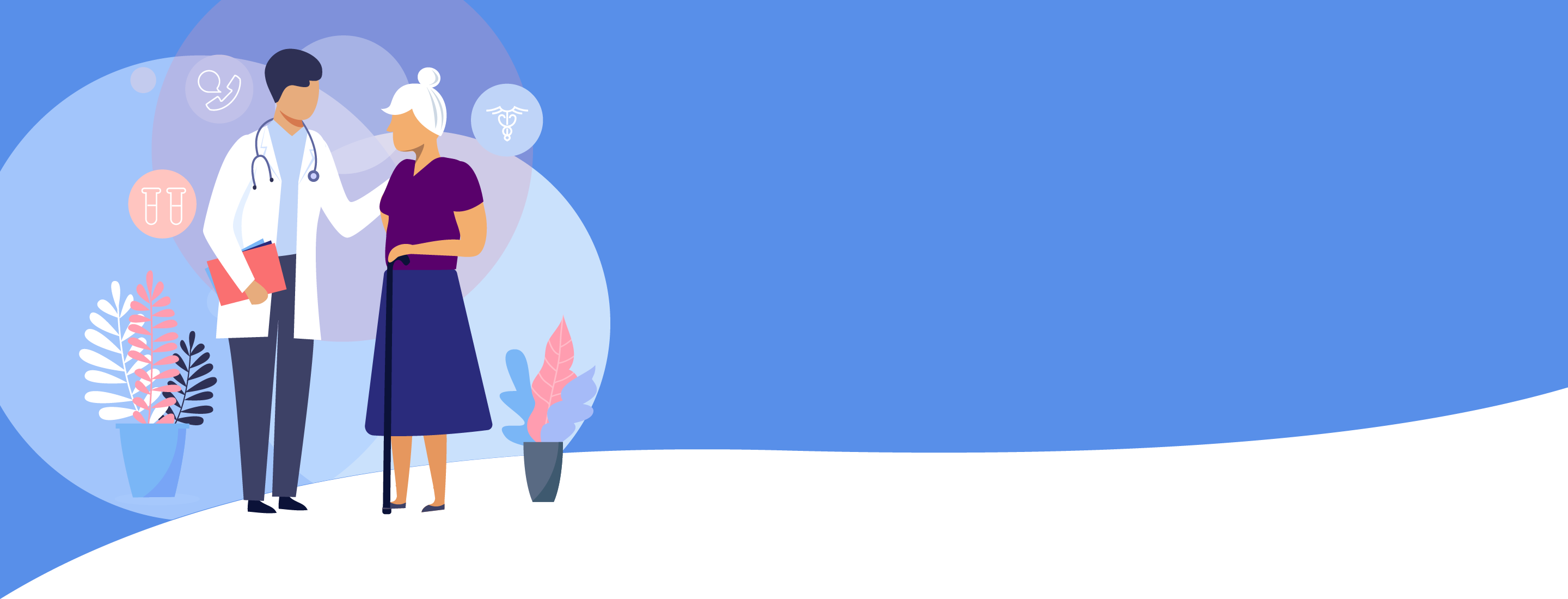
Pelvic Pain
Causes
Chronic pelvic pain has many possible causes and may involve different systems in the body, including the urinary, reproductive gastrointestinal, musculosketal and neurological systems. Symptoms may vary depending on the cause. When we explore all the potential sources and address the issues we uncover, many women find relief.
Gynecologic Causes
Endometriosis
Endometriosis is a condition in which the lining of the uterus (endometrium) grows outside the uterus. The lining can attach to the ovaries, fallopian tubes, intestines or other structures in the pelvis. Adenomyosis occurs when tissue from the lining of the uterus grows in the muscle of the uterus.
Endometriosis may cause pelvic pain, especially during menstruation. Hormones of the menstrual cycle cause the endometriosis to bleed each month. This can be painful and result in the formation of pelvic adhesions, also known as scar tissue. Blood trapped in the ovary can build up into a cyst. This is called an endometrioma.
Pelvic Adhesions
Adhesions are bands of scar tissue that bind organs together. They are created by previous infections, such as appendicitis or pelvic inflammatory disease, by pelvic or abdominal surgery, or by endometriosis. Adhesions can be difficult to diagnose, but in some cases the uterus and ovaries feel bound together on pelvic examination. A definitive diagnosis of adhesions is usually made during surgical exploration, frequently via laparoscopy.
Symptoms from adhesions include generalized pelvic discomfort or localized pain. Surgery to cut bands of scar tissue can relieve pain. However, sometimes the adhesions re-form.
Vulvodynia
Vulvodynia is pain at the opening to the vagina or the surrounding lips (vulva). The cause is unknown. It's thought that the nerves, muscles and tissues in the area are inflamed, so treatment is focused on addressing these factors.
Women with this condition may find it painful to insert a tampon, have sexual intercourse or even wear tight pants. Symptoms include burning, stinging, stabbing, irritation and rawness. The pain may be constant or intermittent, localized or diffuse.
Non-Gynecologic Causes
Non-gynecologic problems can also cause pelvic pain. The most common are:
Irritable Bowel Syndrome
Irritable bowel syndrome (IBS) can cause diarrhea, constipation, or a combination of both. Symptoms of bloating and discomfort may be relieved by a bowel movement. Stress and diet can aggravate the condition. The gynecology provider may make a referral to a gastrointestinal specialist for diagnosis and treatment.
Interstitial Cystitis
Interstitial cystitis (IC) is a painful bladder syndrome. This and other bladder symptoms, such as the need to urinate frequently or urgently, may need to be evaluated by a urologist.
Musculoskeletal Causes
Musculoskeletal causes of pelvic pain are very common but are often overlooked. The muscles, joints and nerves in the pelvis can be injured just like any other part of your body. For instance, tissues can be overstretched, torn or cut in childbirth or surgery; muscles can weaken or tighten from disuse and injury; and habitual postures and movements can slowly stretch or compress structures in the pelvis, leading to pain and dysfunction. The pelvic muscles, joints and nerves may be the sole cause of pain or just a piece of the problem.
Chronic pain can be created by spasms of the muscles that line the pelvis, also known as the pelvic floor muscles. This "sling" of muscles, along with connective tissue called fascia, lift and support the pelvic organs including the bladder, uterus and rectum. Spasms in these muscles — known as pelvic floor tension myalgia or levator ani syndrome — may cause pain locally. Tight bands of muscle, known as trigger points, may be tender to the touch, and they may refer pain to other areas of the pelvis, abdomen and low back.
A thorough examination of the abdomen and pelvis can uncover these sources of pain, which can be treated with physical therapy and biofeedback.
Depression and Anxiety
Many women with chronic pain suffer from anxiety, depression, or both, which worsens pain. Recurring or chronic pain can cause some women to feel depressed. These feelings are normal. In other cases, pelvic pain can be a symptom of depression or anxiety. It's essential to address depression or anxiety with therapy and medications as needed.
UCSF Health medical specialists have reviewed this information. It is for educational purposes only and is not intended to replace the advice of your doctor or other health care provider. We encourage you to discuss any questions or concerns you may have with your provider.





